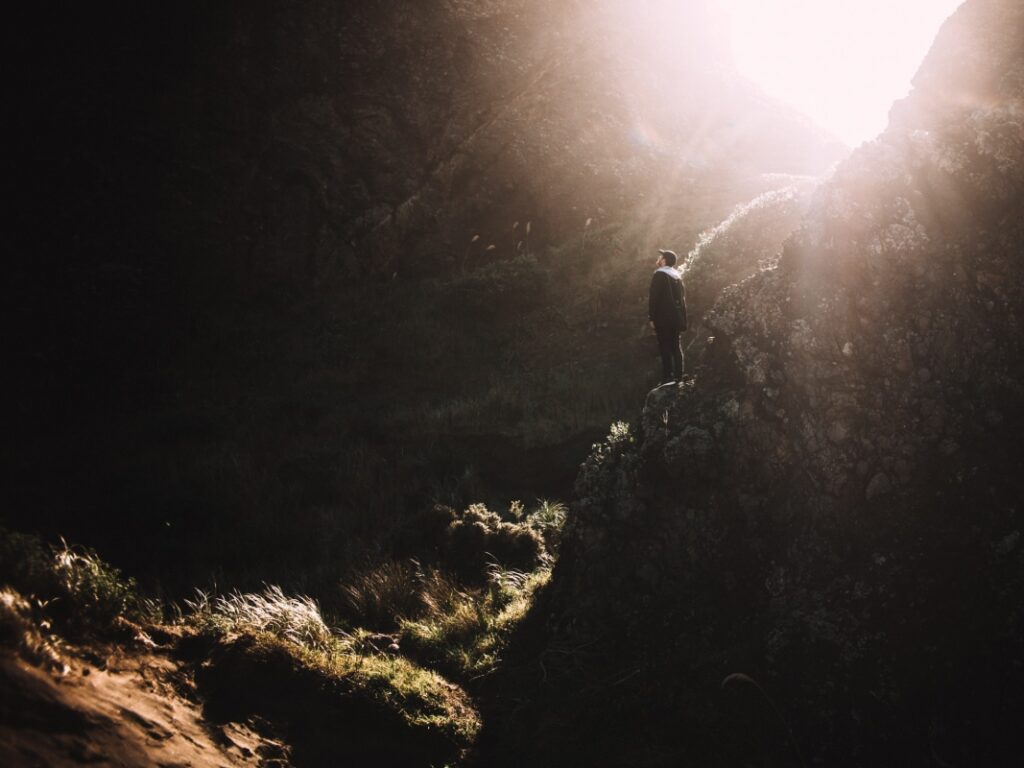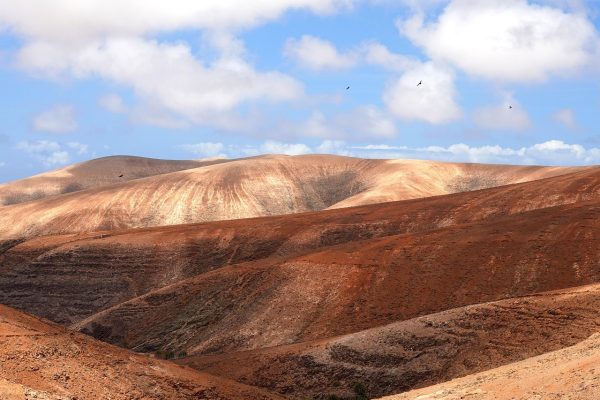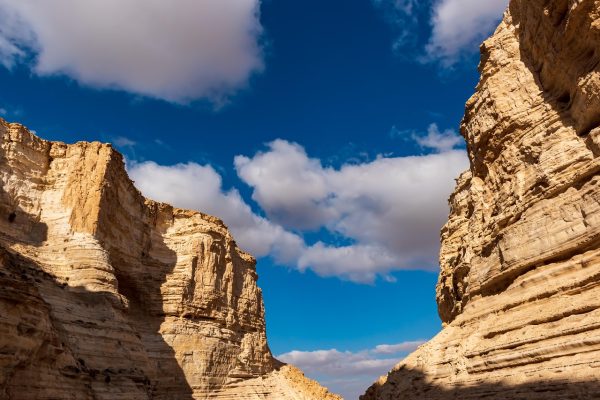Background
On the eve of Parashat Ki Tissa 2020 (5780) the overwhelming majority of synagogues around the globe shut down due to COVID-19. Many would not meet again for several months.
The 7th aliyah of Parashat Ki Tissa (Exodus 34:27–35) contains a narrative of the aftermath of Moshe’s (Moses’) descent from Mt. Sinai after receiving the 2nd set of tablets and his face being radiant/glowing (Hebrew: karan). As a result, the people (including his brother Aaron) are too intimidated to be in his presence. Moshe sees this and responds by putting on a mask/veil (Hebrew: masveh) while in their presence, removing it only after he has distanced himself from the larger community.
Much of this narrative may resonate strongly with those who lived through COVID-19.
An aliyah represents closeness and connection to Torah, and this is a poetic way to recognize that in the face of all the distance, we are deeply connected to each other, to God, and to Torah. Just as the mask Moshe wears serves as a symbol of his divine service, so the masks that we have worn show our service and connection to both God and humanity.
Details
Our proposal is that the 7th aliyah of Ki Tissa may be adopted as an annual way to properly and appropriately remember the immense journey of COVID-19 through which we emerged and one whose lessons should not be forgotten by future generations.
As the 7th aliyah highlights a narrative of Moses wearing a face-covering as a sign of care, empathy and humility, we propose that this aliyah be given to honor someone in the community who embodies these noble traits (care, empathy and humility).
Additional Calendar Tie-ins
The location of this aliyah on the calendar also prompts reflection on its themes. In non-leap years, Ki Tissa is always either Shabbat Parah or the Shabbat between Zachor and Parah. As such, in non-leap years this aliyah will always be read after Shabbat Zachor (which focuses on the importance of remembering the past and learning lessons for the future) and before the leyning of Parah (which focuses on cleansing and redemption). We see connections to both themes in this aliyah and encourage further reflection/contemplation for those who wish to pursue deeper tie-ins to either or both. To be clear, we see the Masveh aliyah being appropriate in all years, regardless of whether or not it’s a non-leap year.
Conclusion
We envision the Masveh aliyah as an organic and appropriate way to remember the past while taking important lessons into the future. We hope interested kehillot will embrace its possibilities.












